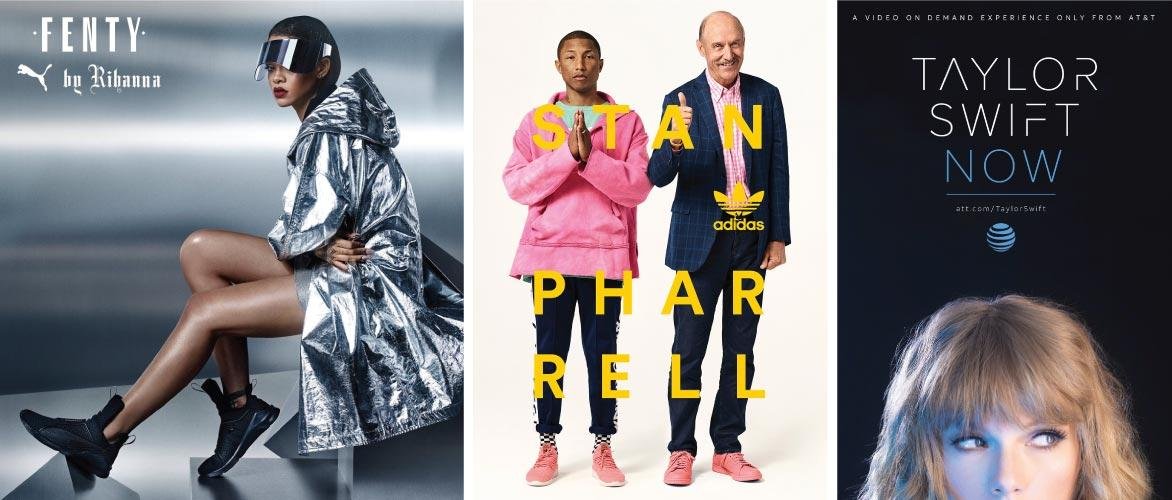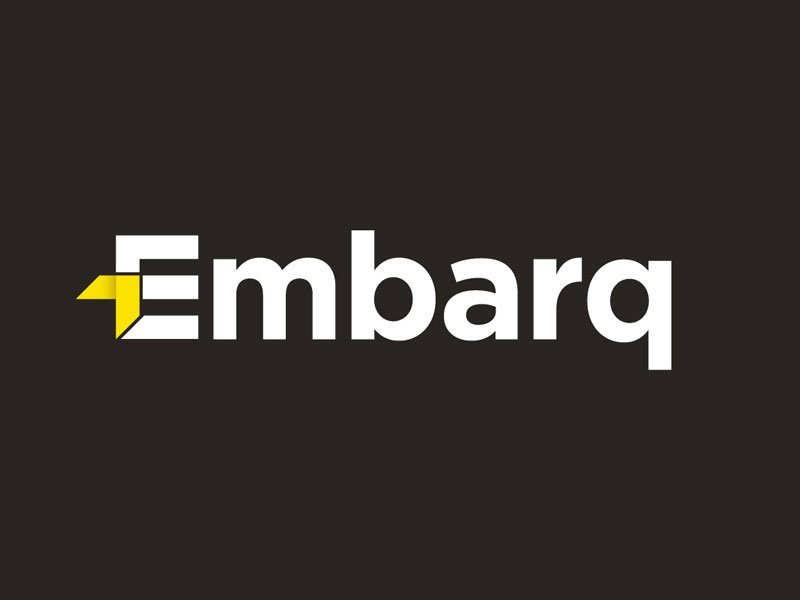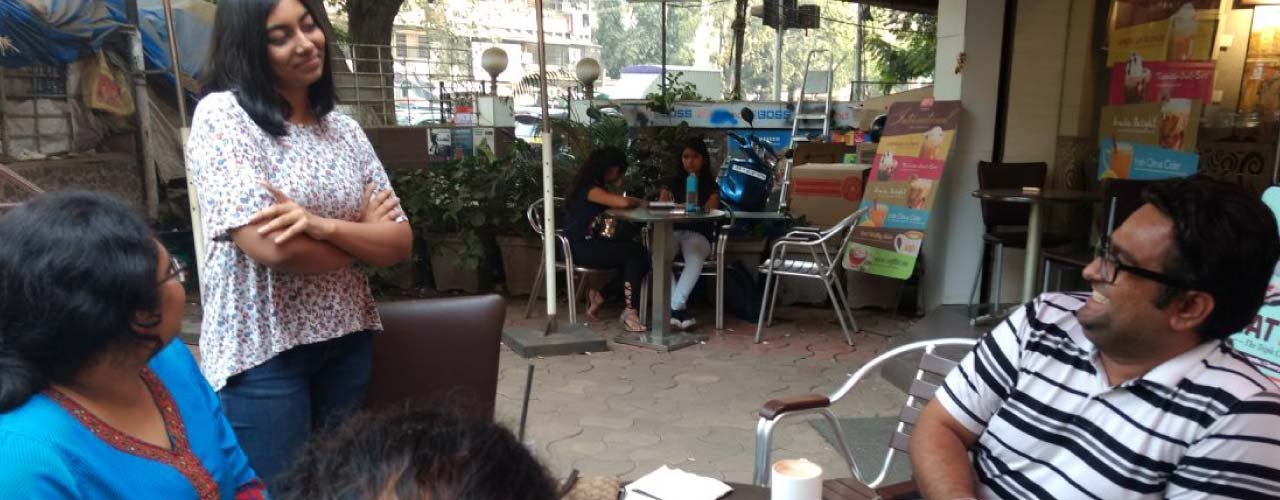
Brands and Bands
 Feburary 12, 2018
Feburary 12, 2018Not too long ago, choosing to be a musician meant giving up money and signing up for a hard journey of struggle. The pressure to be successful was very evident. Artists used to focus on releasing albums and singles in order to stay in the public eye. The opportunities for musicians to interact with their fans were limited. Over the years, the role and influence of music and musicians has spilled over into almost every avenue of the society. As a musician, longevity of a career requires a balance between money and creativity. Thus, musicians have changed their approach of constantly being present in the lives of their fans and listeners, and brands have followed suit.
Music from the West has always had a great influence on the culture in India. However, the change in the lifestyle of the young urban Indian has positively contributed to the boom in the music industry. Today, people actively follow musicians on social media. They are updated about their opinion through tweets on relevant topics of national concern. The fans are in the know of their tour dates and book concert tickets well in advance. It is one of the most prime moments to be musician.

This era is dominated by musicians leading in business as well. Various artists have been signed to collaborate in creating fashion labels, shoes, restaurants, music festivals, retail products and the list goes on. Some noteworthy examples are that of Pepsi and Michael Jackson who joined forces for the “Pepsi generation” that become an anthem. AT & T has partnered with Taylor Swift to launch their new video on demand streaming platform, DirecTV. Rihanna who is celebrated for her bold style, swayed the runway with her FentyXPuma collection. The headphone giant, Beats has created a range of specialized headphones called ‘Beats by Dr. Dre’ leading to an increase in credibility for the brand. Adidas collaborated with Pharrell Williams and tennis star Stan Smith to create the tennis icons collection. Closer to home, brands are collaborating with artists across product categories. Brooke Bond’s Taj Mahal, a tea brand has been built on the fame and admiration of the tabla maestro, Zakir Hussain. Airtel has also piggybacked on the popularity and brilliance of A.R.Rahman to create its memorable jingle.

Brands are embracing the growing significance of music in the lives of their target customers and are actively sponsoring events that let their users experience the brand in a positive environment. Some IPs that reflect this collaboration are, Bacardi Weekender, the happiest music festival frequented by youngsters who enjoy a diverse musical experience. Harley Rock Riders as its name suggests is a combination of the Harley Riders Community and Rock music. People get to witness the magnanimity of the culture and are drawn to it. Sula Vineyards in Nashik, India also host an annual music and wine fest that encourages the visitors to expose themselves to wine tasting while enjoying music. Coca Cola took the lead through Coke Studio by encouraging upcoming singers and giving them an opportunity to collaborate with established artists on a platform like MTV. Red Bull sponsors an annual event called, RedBull Tour Bus which takes place in various cities across India and features various singers and bands performing on a bus. The domestic beer brand Bira 91 sponsors a radio station on the successful JioSaavn, a music streaming platform. This station is dedicated to hip hop much like the target group identified by the brand. Puma collaborated with various street artists to represent its new suede gully collection. Mahindra, the tech and automobile giant started the Mahindra Blues Festival to celebrate the popular genre.
There is contrast in the shelf life of artists in India v/s the West. The dominant reason being that in India music and movies do not function independently. In the 90’s musicians used to own an era, Kumar Sanu, Sonu Nigam, Udit Narayan, Alka Yagnik, Shreya Ghoshal, were the only singers you used to hear of. Today, the democratization of the music industry and the acceptance of various genres has reduced the shelf life of artists significantly. Artists are mostly dependent on music streaming sites, record sales, song downloads and YouTube to make money. This isn’t a sustainable model. Artists have got to start focusing their energies on more effective mediums to sustain themselves and increase their brand value. Personal branding plays an important role for any independent artist. Music is increasingly enjoyed alongside other things. It’s part of a lifestyle and can’t be sold separately. Some artists are featured as judges on various talent hunts but that is getting exhausting with the clutter of shows aired.
Co-Branding is the way forward and artists should start focusing on discovering their core and pitching to brands that have a similar appeal. It creates a unique opportunity to shed the expendability of artist by creating a larger brand appeal and a longer shelf life for the artist.































